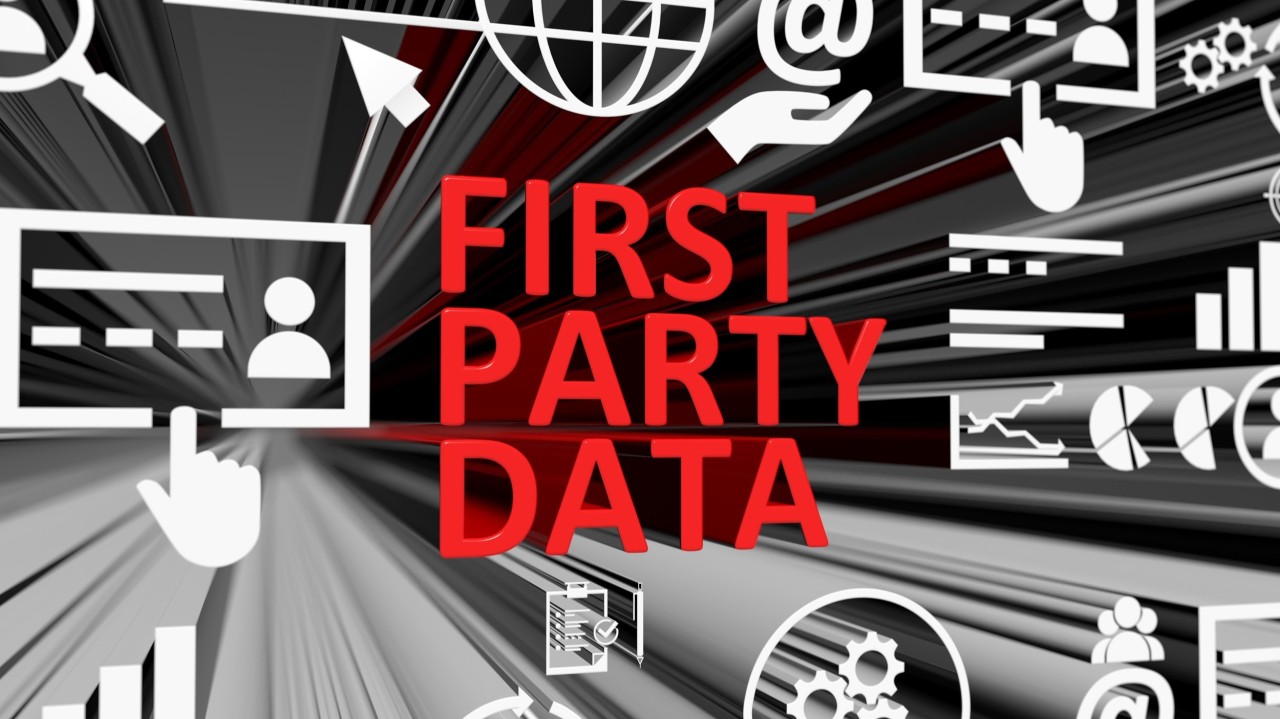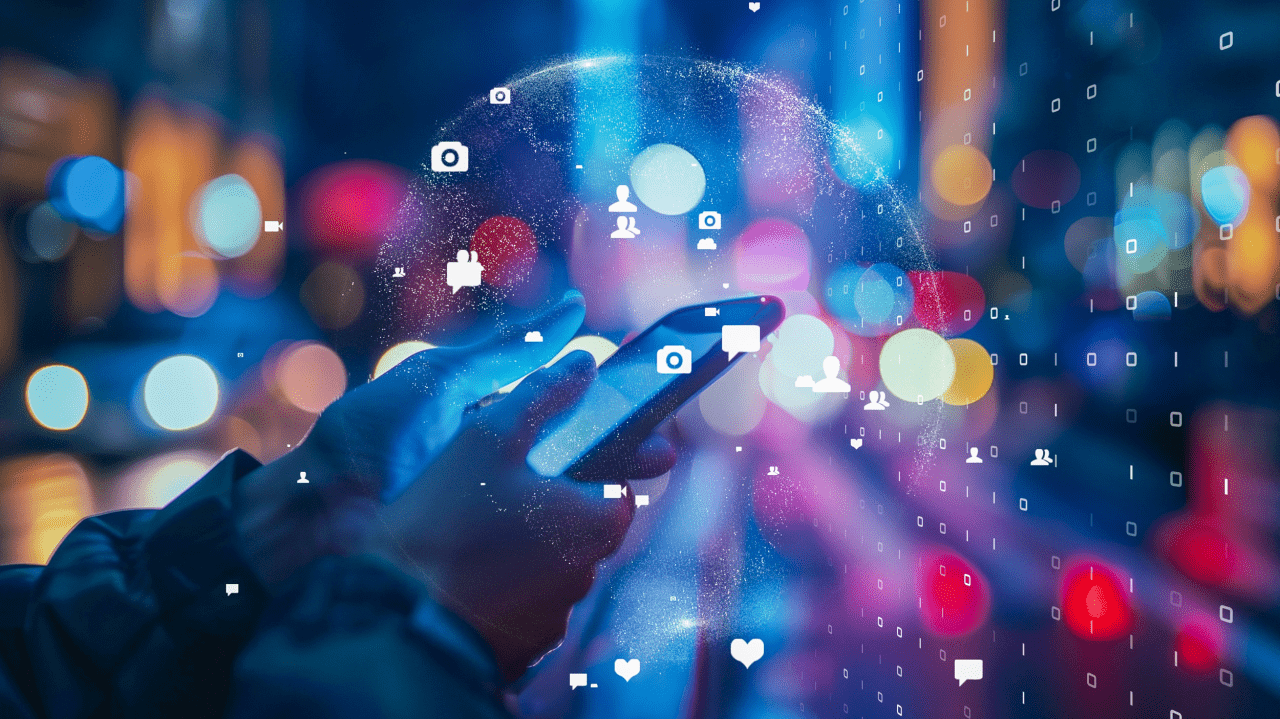News
Elevating Web Design with AI: Trends and Predictions for 2024
The digital marketing landscape is witnessing a seismic shift with the integration of artificial intelligence (AI) in various domains, particularly web design. The fusion of AI and web design is not just an innovation but a necessity, driven by the need for more efficient, personalised, and dynamic user experiences.
This article explores the burgeoning trends in AI-driven web design and offers predictions on how these innovations will shape the digital interfaces of tomorrow.
The Current State of AI in Web Design
AI’s role in web design has evolved from rudimentary automations and chatbots to sophisticated algorithms capable of making real-time decisions, personalising user experiences, and even predicting future user behaviours.
The adoption of AI in web design has been particularly accelerated in the UK, where the digital economy is a critical component of the national GDP. According to a report by Tech Nation, the UK tech sector attracted a staggering £29 billion in investment in 2020, a portion of which has been funnelled into advancing AI capabilities in web design.
Personalisation and User Experience
One of the most significant applications of AI in web design is personalisation. By analysing user data such as past interactions, location, device type, and even browsing time, AI algorithms can tailor website layouts, content, and functionalities to match individual user preferences. This level of personalisation not only enhances user engagement but also boosts the effectiveness of digital marketing campaigns by delivering more relevant content to users.
In 2024, AI-driven personalisation will likely move beyond static adaptations, using real-time data to dynamically alter web experiences as a session progresses. This could mean a website that adapts its interface and content presentation style based on the user’s interaction pace and preferred engagement paths.
Accessibility Enhancements
AI is also playing a pivotal role in enhancing website accessibility. Tools like Microsoft’s AI for Accessibility grant developers the means to incorporate features that help users with disabilities navigate websites more easily. For instance, AI can automatically generate alt-text for images or provide real-time speech-to-text features, ensuring web content is accessible to all users, including those with visual or auditory impairments.
By 2024, it is anticipated that AI-driven accessibility features will become a standard component of web design, partially driven by stricter regulations and a greater public awareness of inclusivity issues.
Automated Design and Development
AI is not only enhancing the front end of web design but also revolutionising the backend, specifically in automating the design and development processes. Tools like Adobe’s Sensei use AI to automate mundane tasks such as cropping images and optimising colour palettes. This automation allows designers to focus on more creative and strategic activities, significantly speeding up the design process and reducing labour costs.
Looking forward, the evolution of AI tools might see the rise of fully automated web design by 2024, where websites can be designed and launched with minimal human intervention. Predictive design is another exciting prospect, where AI analyses past user interactions to predict and implement the most effective design elements automatically.
Real-Time Data Utilisation
The capacity of AI to process and analyse vast amounts of data in real time is particularly advantageous in the fast-paced realm of digital marketing. In 2024, AI-driven web design is expected to utilise real-time data more extensively to not only personalise experiences but also to predict trends and adapt marketing strategies accordingly. Real-time analytics can help identify emerging user behaviour patterns, enabling marketers to tailor their strategies in a timely manner to capitalise on these trends.
Ethical Considerations and Data Privacy
With great power comes great responsibility, and the use of AI in web design is no exception. The increased reliance on user data and AI-driven personalisation raises significant ethical and privacy concerns. In the UK, the Data Protection Act 2018 governs the use of personal data. As AI systems become more sophisticated, ensuring they comply with such regulations and maintain user trust will be crucial.
Web designers and developers will need to be vigilant about the ethical implications of using AI, ensuring that transparency, user consent, and data security are at the forefront of their design philosophy.
As we look towards 2024, it’s clear that AI will continue to be a transformative force in web design, offering unprecedented opportunities for personalisation, efficiency, and accessibility. While this promises to enhance user experiences and revolutionise design practices, it also mandates a balanced approach to ethics and privacy.
For businesses and web designers, staying abreast of these trends will not only be beneficial but essential in maintaining competitive advantage in the dynamic digital marketplace.





The Ultimate Social Media Guide
With the ever-growing power of social media, we use the latest techniques, video, and animation software to craft eye-catching social media assets that make your brand pop. Our designers, wielding Adobe Creative tools, create distinctive animations and graphics to illuminate your brand story and highlight your products or services. Want a unique design? No problem – we also offer bespoke designs to match your brand aesthetic.